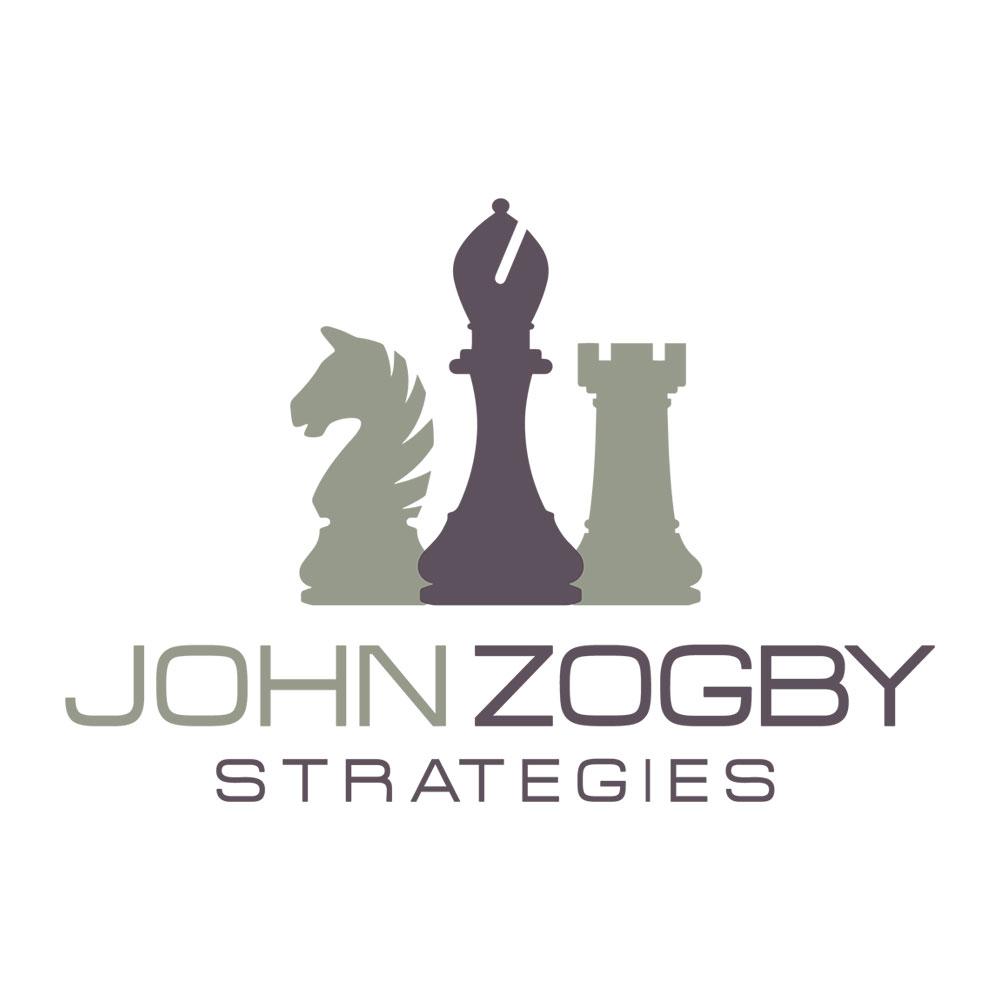|
This week’s JZS Newsletter features: 1) From Chaos Towards Order: Generation Z, Disruption, and the Prospects For A Better Future, By Jeremy Zogby 2) Tribal AnalyticsSM And The Bottom Up Revolution, By John Zogby 3) Trump Report Card: Too Much Defense Overshadows His Agenda, From the Washington Examiner, By John Zogby 1) From Chaos Towards Order: Generation Z, Disruption, and the Prospects For A Better FutureBy Jeremy Zogby Read my previous post on Gen Z Understanding a particular generational cohort can be a daunting task as they consist of millions of people. However, generations have shared experiences and the common thread that binds all members of Gen Z, and perhaps sets them aside from previous ones, is an inherited world characterized from the very beginning by disruption, distraction, and disorder. While such a backdrop sounds alarming, in reality it is an opportunity that can be seized upon and ultimately work in favor of Gen Z’ers who show potential in qualities like discipline, insight, and leadership. Those already displaying such features will be better positioned to thrive as further technological and economic disruption accelerates –which is to be expected since change is the one constant in this world. Furthermore, Generation Z has the great advantage of observing the previous hardships of their older siblings and parents – many of whom made the necessary adjustments to cope with the effects of the Great Recession. With the combination of abundant and easily accessible information, the perspective gained from the hardships of those near and dear to them, and the unruly nature of their upbringing (i.e. volatility in the economy, government and politics, and the technological sphere), Gen Z is well equipped to come of age alongside varying examples of turbulence. However, familiarity with the above does not guarantee success. This is especially true if dealing with a continued volatile environment which is to be expected from the rise of artificial intelligence and an increasingly globally competitive workforce, to name a couple. So here is what Gen Z can do to better navigate and ensure a brighter future.
With Gen Z already well acquainted with volatility, there is potential for many in this cohort to develop insight at an earlier age. And with close attention to honing skills such as not giving way to impatience in search of a quick answer, how to sift through the vast pool of data to find the meaningful answer, and a heavy emphasis on personal development in terms of skills and character; Gen Z will be well positioned to navigate the future, one they are arguably already familiar with – disruption, distraction, and disorder. |
|
Coming Soon: Who’s Your Tribe? The only app you’ll need to discover your Neo-Tribe. |
2) Tribal AnalyticsSM And The Bottom Up RevolutionBy John Zogby I have found a process that helps identify the tribes we belong to on the basis of what is really important to us. While many segmentation studies do indeed begin with the qualitative research designed to identify attributes and variables for quantitative segmentation, I believe what makes Tribal AnalyticsSM so unique is its philosophical vs. methodological starting point. My team and I did not start with an analysis of people as shoppers within a particular product or service category then build out from there. Rather we began with an analysis of people as human beings – “social animals” – and let them define for themselves the parameters of their social identities. People told us how they categorize themselves in the world versus in a product category. From there, we could then illuminate how a person’s perceived identity and place in the world drives their attitudes, beliefs, consumption and political behavior. In the process, we are not making any presumption about the basis of identity – e.g. we are not presuming someone identifies with and makes choices in accordance with 18-24 year olds simply because they happen to fall within the 18-24 year old age range. Of particular significance is that in Tribal AnalyticsSM we asked each respondent to go well beyond listing their most important attributes, their mission in life, their most cherished values – we actually asked them to name their own tribe. |
3) Trump Report Card: Too Much Defense Overshadows His AgendaFrom the Washington Examiner, By John Zogby Supporters of President Trump say that he has been vindicated by the testimony of former FBI head James Comey. Opponents, including some very worried Republicans, feel that the president was severely damaged by a credible, sober witness. Let’s just step away from the partisanship and talk about what we know. First, it is never good for any president to be called a liar before Congress and the public. Second, the president of the United States of America should be in charge of the conversation, providing national leadership, and succeeding pushing through his agenda. Mr. Trump is not in charge, he is constantly on the defensive, and his push for an infrastructure bill has been all but lost this week. He simply cannot afford to be having any weeks like this. Trump’s Grade: F |

